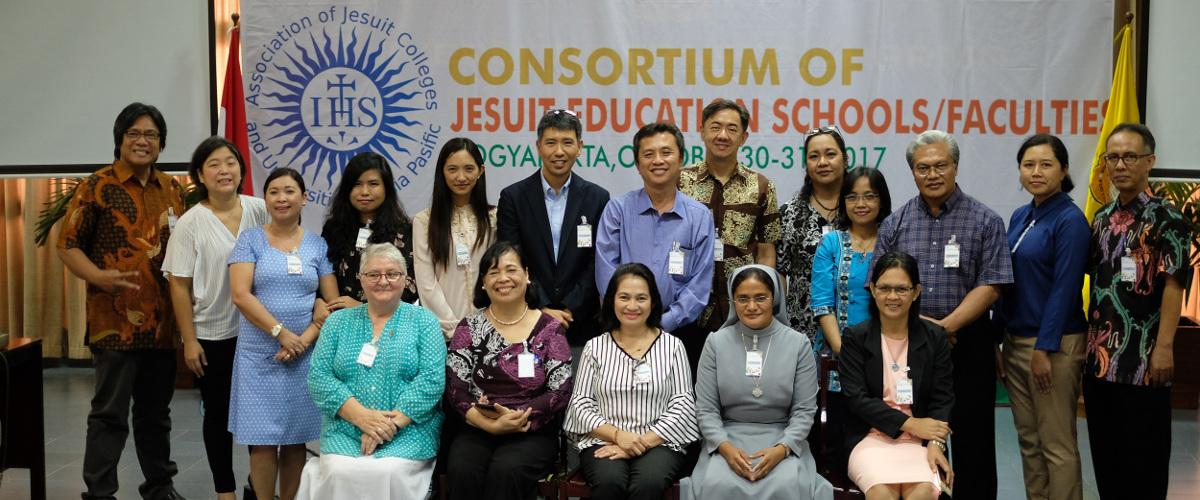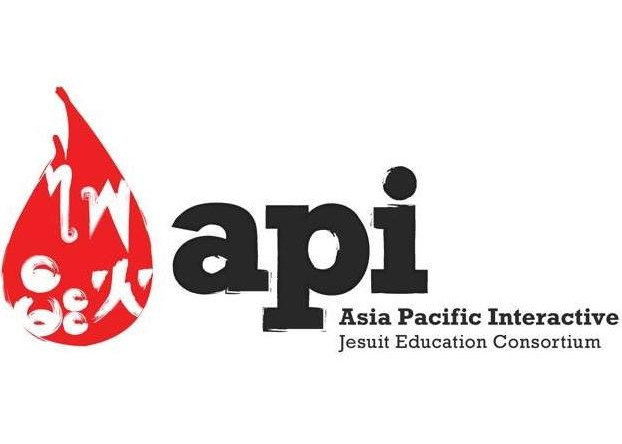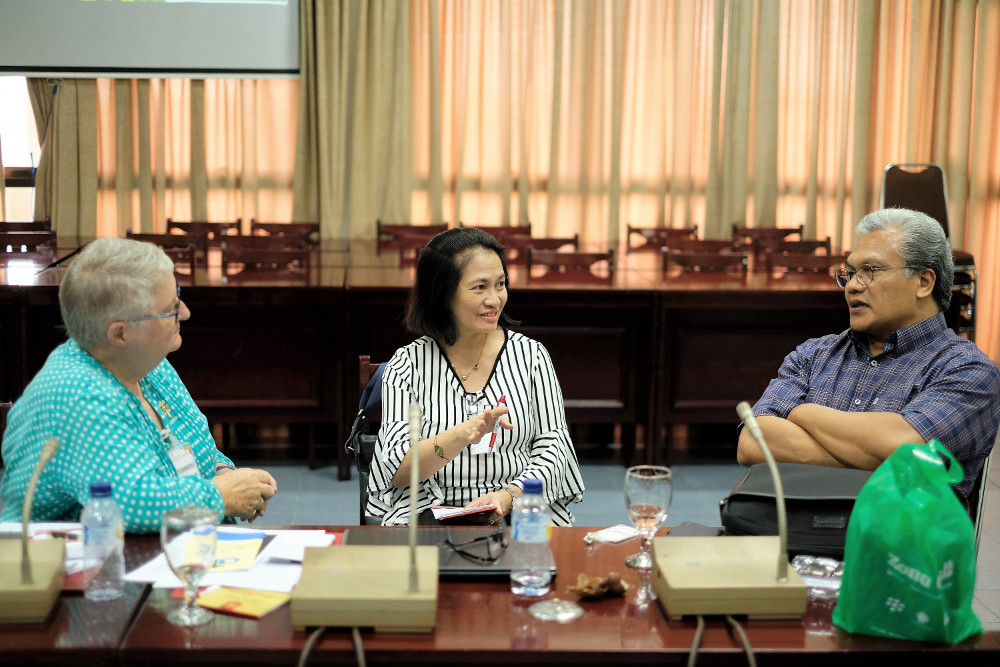
The idea for the Asia Pacific Interactive (API) Jesuit Education Consortium was first discussed between Dr Eka Priyatma, President of the Association of Jesuit Colleges and Universities in Asia Pacific (AJCU-AP) and Fr Johnny Go SJ, head of the recently established Ateneo Institute for the Science and Art of Learning and Teaching in Ateneo de Manila University in the Philippines.

“In countries like Korea and Japan, their education system is better rooted in their culture. This could be the reason why they have achieved excellent education results, which in turn has brought a positive impact on their national development,” he said.
So when Fr Go, who is also the Jesuit Conference of Asia Pacific’s Secretary for Education, broached the idea of a consortium within AJCU-AP, Dr Priyatma was excited. “I told Fr Johnny, let’s just do it,” he said.
Sanata Dharma University hosted the first meeting of Jesuit institutions engaged in the field of education and teacher education in October last year, and from this API was born.
The members of the consortium are diverse in context and experience. There are the bigger and older Jesuit universities, namely Sanata Dharma University, Sophia University in Japan, and the five Ateneo universities in the Philippines, and the relatively new and smaller schools, namely Instituto São João de Brito in Timor-Leste, St Aloysius Gonzaga English Institute in Myanmar and Xavier Learning Community in Thailand. Two more are expected to join the consortium: the Teacher Resource Center of Xavier Jesuit School in Sisophon, Cambodia and the teacher training institute being set up by Canisius Foundation in Jakarta, Indonesia.
During the meeting, the delegates, who were mostly deans or heads of education departments, introduced their school and shared their strengths and challenges. The latter became the consideration for deciding on possibilities for synergy and collaboration for better education development.
“We acknowledged our need for real partnerships in the spheres of faculty and student exchanges, teacher training and scholarships for graduate programmes,” shared Theresia Rorik of Xavier Learning Community. “We also recognised that developing innovative and creative methods of inculcating the Jesuit tradition in our educational approach should be a top priority of the network.”
According to Dr Priyatma, the delegates were really excited to connect. “They felt that they are not alone in facing challenges, that they have a friend and they have connections.” But, he stressed, the goal of the consortium is not merely to collaborate.
“The collaboration itself should not be the goal. The collaboration is a vehicle to achieve the real goal, which is to strengthen the education departments so that schools within AJCU-AP can contribute better in society, especially in the education sector,” he said.
The consortium will be formally endorsed in the AJCU-AP meeting in Japan in 2018, but already API members have identified several feasible and high-impact priority projects – online platforms, specifically social media and websites, conferences and student and faculty exchanges.
“We can look forward to an international education conference as well as a teacher exchange programme soon,” hinted Fr Go.
Within the flame of the API logo are the Thai, Burmese and Japanese characters for fire. “This newly formed consortium of Jesuit schools and faculties of education in Asia Pacific hopes to kindle fire,” said Fr Go. “It is a most appropriate metaphor for this new group.”







